Marie-Magdalena Kochová’s debut feature acutely captures the Glass Children phenomenon: being overshadowed by your sibling with more complex needs.
The Other One Explores the Glass Children Phenomenon
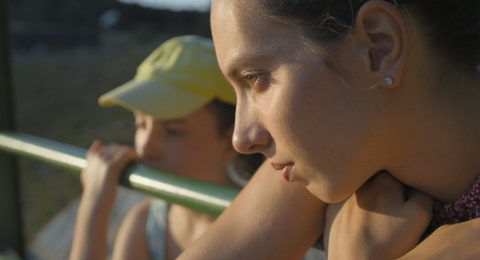
Exploring the Outer Edge of Film
Redmond is the editor-in-chief of Journey Into Cinema.

Marie-Magdalena Kochová’s debut feature acutely captures the Glass Children phenomenon: being overshadowed by your sibling with more complex needs.
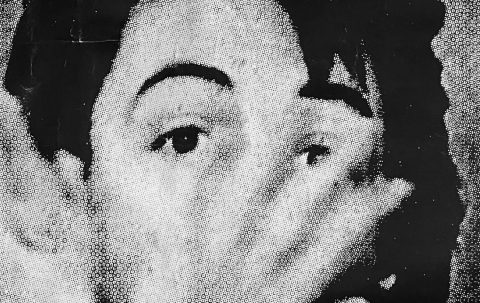
A slyly inventive reflection of owning the most generic name in the United Kingdom, Being John Smith finds a novel way to tackle the big questions.
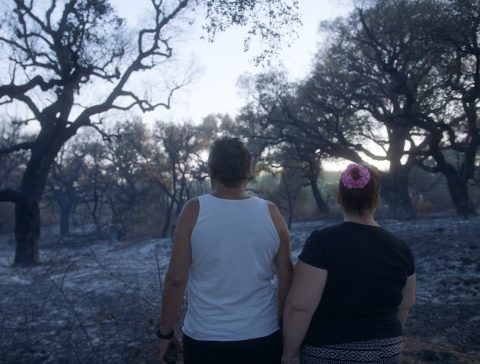
A quarter-life crisis meets political critique in Valentina and the MUOSters, depicting the life of one woman living under an American radio base.
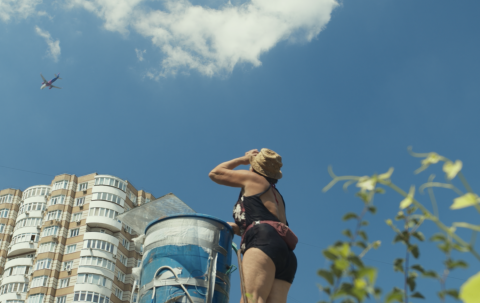
Flowers of Ukraine is a touching tribute to individual resistance that acts as a metaphor for an entire country under Russian aggression.

An EU-funded cousin of Megalopolis, The Opera! is a baffling and bad film that astounds with its incredibly basic classical music choices.
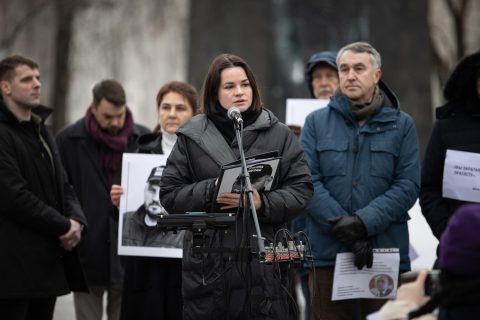
With unfettered access, The Accidental President paints a deeply human portrait of Belarus’ reluctant opposition leader Sviatlana Tsikhanouskaya.
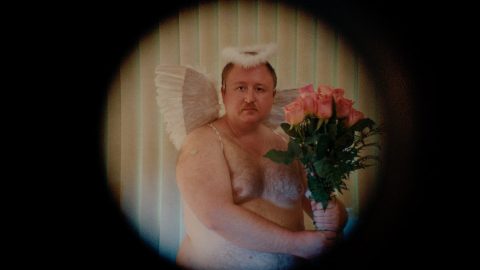
A fat straight man finds a new lease of life when he sends his self-portrait into a gay magazine in Devin Shears’ touching debut Cherub.
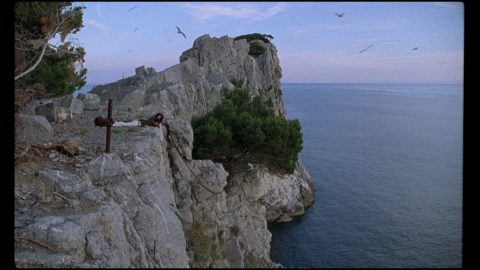
A man’s grief-induced amnesia provides excellent inspiration for a journey through the past in Sara Fgaier’s powerful debut Weightless.

The ten-years-in-the-making Tezeta is a lively and fascinating portrait of Armenia’s contribution to Ethiopian musical history.
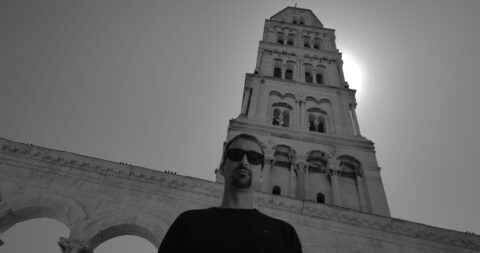
Puncturing through the noise of endless movies playing throughout the world with our selection of underseen 2024 festival favourites worth checking out.